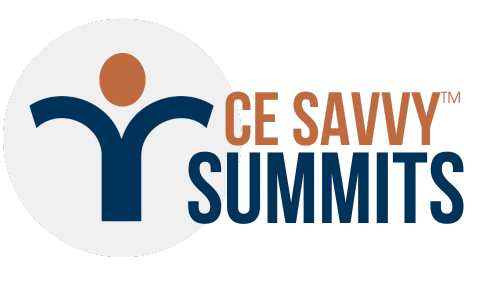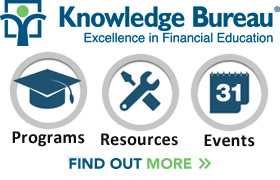
The UHT May Be Cancelled, But Vacancy Taxes Remain
As tax professionals, you are keenly aware of the constant changes our federal government makes to the Income Tax Act. Adjustments are made, and you must adapt. Not often, though, is a tax eliminated altogether. But in the case of the Underused Housing Tax (UHT), that is exactly what has happened – it was cancelled in the federal budget of November 4, 2025, but Canada’s underused housing taxes have not been eliminated. Here’s what you need to know for tax season 2026.Poll: Readers Have Doubts About CRA’s 100-Day Plan
 On September 2, Finance Minister François-Philippe Champagne mandated the Canada Revenue Agency (CRA) to implement a 100-day plan to “strengthen services, improve access, and reduce delays.” The deadline for delivery is December 11, 2025. But do Knowledge Bureau Report readers believe this approach will work? Clearly, readers are skeptical, as 77% voted “no”. Many expressed frustrations with CRA’s performance and questioned whether such a short timeline could address deep, systemic issues. See what they have to say below!
On September 2, Finance Minister François-Philippe Champagne mandated the Canada Revenue Agency (CRA) to implement a 100-day plan to “strengthen services, improve access, and reduce delays.” The deadline for delivery is December 11, 2025. But do Knowledge Bureau Report readers believe this approach will work? Clearly, readers are skeptical, as 77% voted “no”. Many expressed frustrations with CRA’s performance and questioned whether such a short timeline could address deep, systemic issues. See what they have to say below!
Mark Your Professional Training Calendar
 If you are a tax or financial advisor, Knowledge Bureau is offering numerous opportunities throughout 2025-2026 for you to shore up tax knowledge and important CE accreditation for licensing for KB Designations, Professional Designations in the accounting sector as well as CIRO, MDSA, AIC and Insurance Councils. Mark your calendar for the live/virtual event milestones below and see the links for online program options as well.
If you are a tax or financial advisor, Knowledge Bureau is offering numerous opportunities throughout 2025-2026 for you to shore up tax knowledge and important CE accreditation for licensing for KB Designations, Professional Designations in the accounting sector as well as CIRO, MDSA, AIC and Insurance Councils. Mark your calendar for the live/virtual event milestones below and see the links for online program options as well.
CRA Pushes SimpleFile
 CRA is hoping that two million taxpayers will opt to use their new “SimpleFile” services - by phone, by mail or digitally – to have their tax returns filed “automatically by the Canada Revenue Agency (CRA). The goals is to help more vulnerable people receive access to over $3 Billion in tax credits and benefits. Unfortunately, however, using the system is anything but simple. It may in fact be a very stressful and frustrating exercise. However, CRA believes that will improve exponentially. Check out what’s to know about SimpleFile:
CRA is hoping that two million taxpayers will opt to use their new “SimpleFile” services - by phone, by mail or digitally – to have their tax returns filed “automatically by the Canada Revenue Agency (CRA). The goals is to help more vulnerable people receive access to over $3 Billion in tax credits and benefits. Unfortunately, however, using the system is anything but simple. It may in fact be a very stressful and frustrating exercise. However, CRA believes that will improve exponentially. Check out what’s to know about SimpleFile:
Show Me the Money: Motivating Gen Y and Z to Invest
 The one thing we must all pay for in advance is our retirement. It’s a consistent message from tax and financial professionals to clients of all ages. Yet, despite all of the advice, millions of Canadians are ill prepared for the years when their ability to earn income, actively, ends. The trick is to start early and put away a little, regularly. That’s why it’s important to engage Gen Y and Z in future planning conversations. How to do it? Show them the Math!
The one thing we must all pay for in advance is our retirement. It’s a consistent message from tax and financial professionals to clients of all ages. Yet, despite all of the advice, millions of Canadians are ill prepared for the years when their ability to earn income, actively, ends. The trick is to start early and put away a little, regularly. That’s why it’s important to engage Gen Y and Z in future planning conversations. How to do it? Show them the Math!



